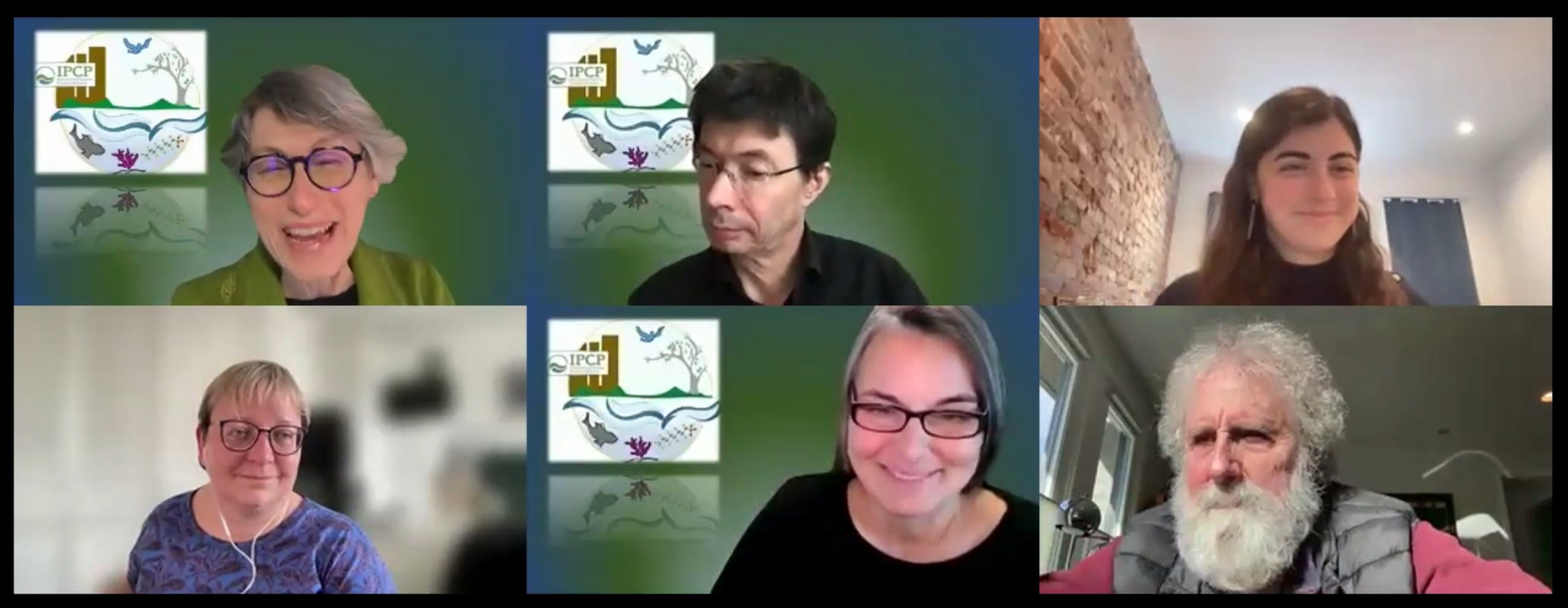The SPP offers great promise to address threats to the Earth’s biophysical systems and human health posed by pollution and waste by harnessing people’s needs for a safe and healthy planet and the expertise needed to explore ways to get to that goal. We need to manage the SPP so that evidence, and not ideology or vested interests, allows us to seek the transformative change needed to avert impending harms to human and ecosystem health from chemicals and waste, as one component of the triple planetary threats that include climate change and loss of biodiversity.
Blog: Will we get transformative change under the Science-Policy Panel for chemicals, waste and to prevent pollution








